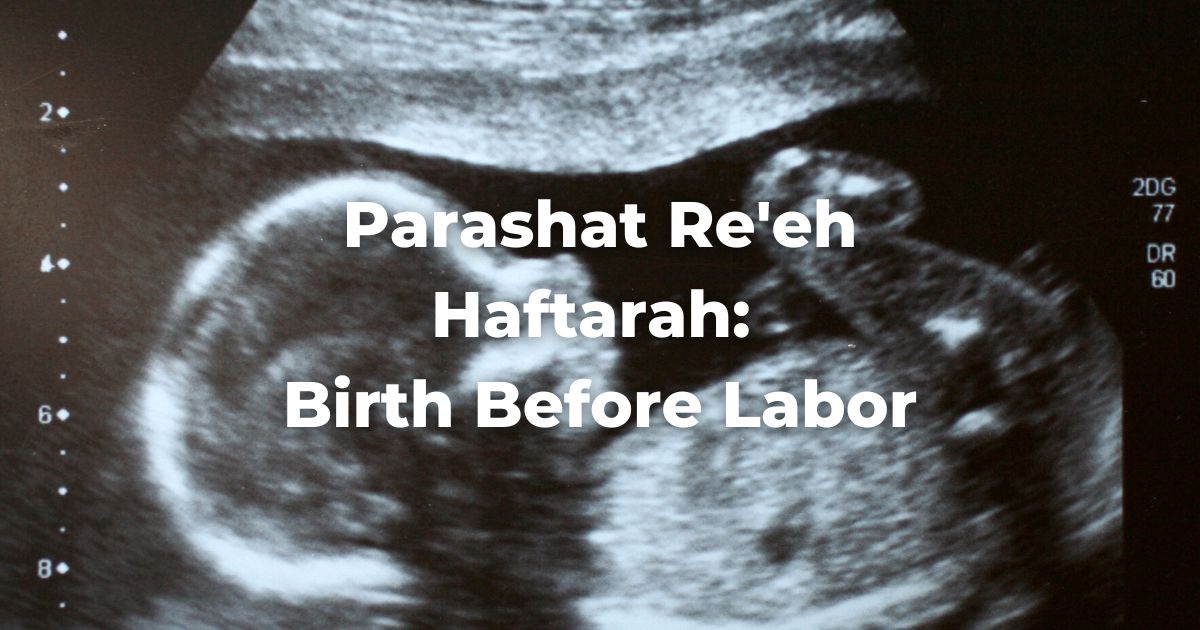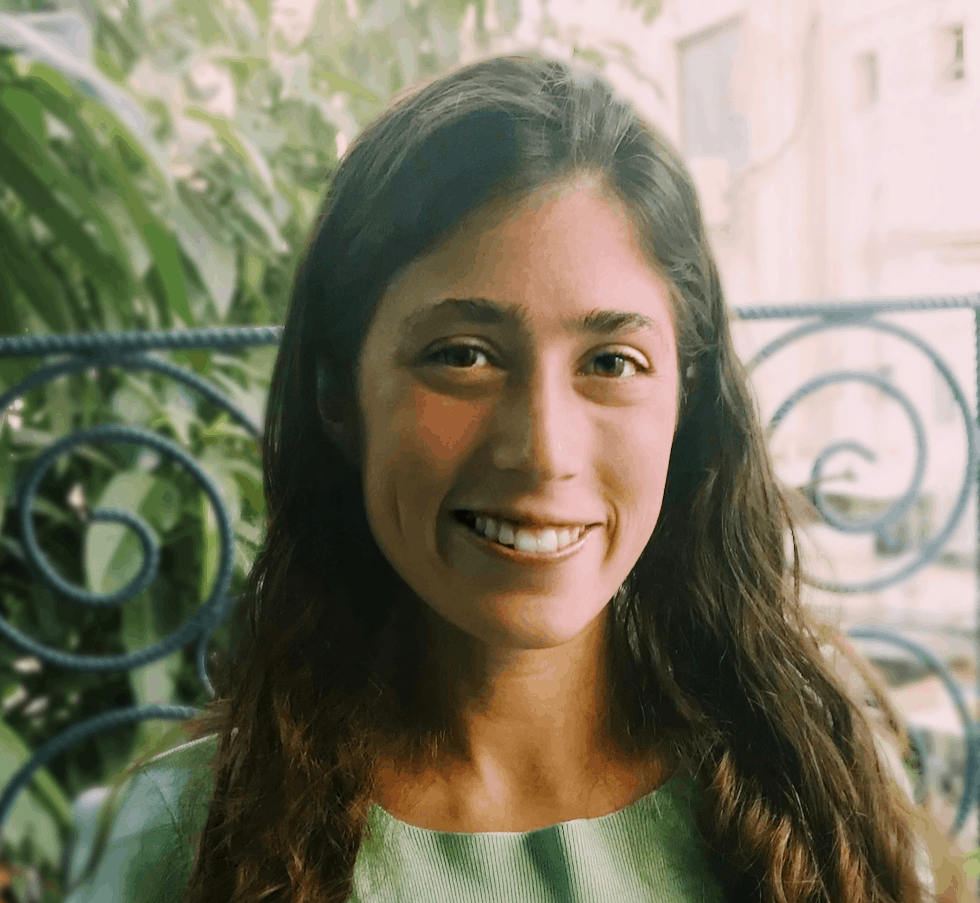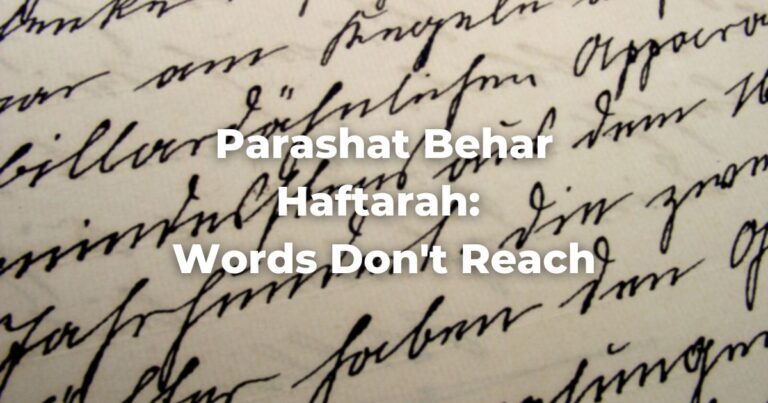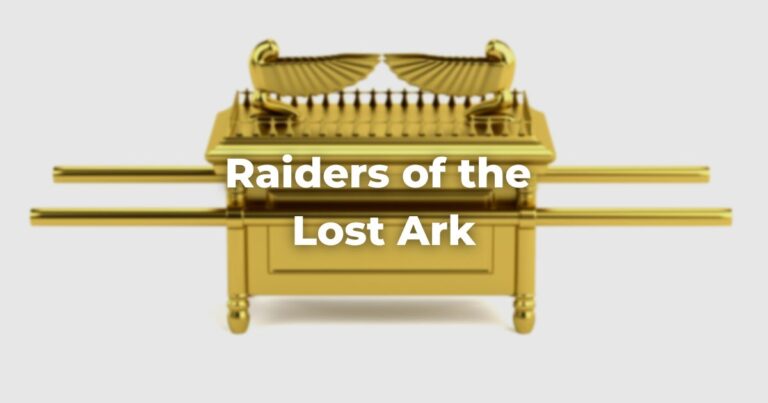The TanakhAn acronym for the name of the Hebrew Bible: Torah, Neviim, and Ketuvim. Read more tells the same story, over and over again, in four basic versions. It is the story of creation, turning astray, punishment, and restoration.
The Tanakh Story Formula
We read this story first in the story of Eve and Adam, the story of the creation of humanity and the explanation of our most fundamental nature. We read this story over and over again throughout the Exodus from Egypt, as God creates Israel, the nation that strays from God’s laws and suffers before God returns us to them.
We read this story with the creation of Israel, the place full of Israelites who whore after the people of the land and their gods. The land vomits us out and we go into exile, before being returned again to the land.
The last version of this story is the messianic version. The Tanakh tells the story of the day of the Lord, the day to come when a final reckoning will happen, to create something final by accounting for those who have turned astray, punishing them appropriately, and then bringing the world into a new messianic era.
There is great promise in the fact that this story is told so many times and in so many different ways.
It seems to be true. We are promised a covenantal relationship; we are promised a bond with God that will survive through destruction, disbelief, and folly. Our covenant does not guarantee our peace or our happiness. But it does guarantee our survival as a nation to keep repeating the story, to continue being in relationship with God.
This week’s haftarah expresses this idea beautifully, using the metaphor of birth.
We read, as Robert Alter translates: “Before she labors, she gives birth, before the birth pangs come upon her, she delivers a male.” On a totally literal level, the verse seems to describe the birthing process happening in the wrong order.
A woman first has a baby and then suffers labor pains.
However, when we read it as a microcosm of the basic story of the Tanakh, it makes more sense. Creation happens before punishment. We are given something good and then we suffer to keep it. God chooses to create humanity, to pick Abraham, and to liberate Israel from Egypt without anyone having done anything to deserve it.
But once we are so chosen, once we are birthed into existence, our labor pains start.
In order to keep our relationship with God, in order to exist as God created us, we must work hard and we inevitably will fail. We were created with labor in mind.
This verse points us to the cyclic nature of retelling the same story over and over again. This verse could refer to the creation of humanity, the creation of Israel as a nation, the creation of Israel in the land, the restoration of Israel to the land after exile, or a future messianic vision for Israel.
Our story gets ever wider, always beginning with God’s gift of covenant. Birth always precedes labor, but every labor also indicates that a new birth is coming.
See more: Parashat Re’eh
Originally posted as part of the Conservative Yeshiva at the Fuchsberg Jerusalem Center’s Torah Sparks. Support TorahRefers to the first five books of the Hebrew Bible, the Tanakh, also called the Five Books of Moses, Pentateuch or the Hebrew equivalent, Humash. This is also called the Written Torah. The term may also refer to teachings that expound on Jewish tradition. Read more learning from the Fuchsberg Jerusalem Center/Conservative Yeshiva for leaders and seekers around the world here.
Authors
-

Bex Stern Rosenblatt is the Conservative Yeshiva’s Faculty-in-Residence for the Mid-Atlantic Region of the United States, teaching Tanach, using the techniques of close-reading, theater, feminist readings, and traditional commentators. Bex also directs the CY’s recruitment efforts in North America. After finishing her B.A. in History and German at Williams College, Bex received a Fulbright Grant to Austria. She later earned an M.A. in Tanakh from Bar Ilan University and has also studied at the Conservative Yeshiva and Bina Jerusalem. Bex is the founder of HavrutaA study partner. A hevruta is more than just a ‘study buddy’ it is a serious and personal relationship between colleagues. Also spelled: Havruta Read more Tel Aviv, an organization that facilitates guided pair-learning of the Tanakh.
View all posts -



The Fuchsberg Jerusalem Center (FJC) is a home in the heart of Jerusalem where leaders and seekers can find an authentic place in Jewish tradition to call their own. FJC offers opportunities to study, pray and explore within an egalitarian and inclusive setting, creating multiple pathways for finding personal and communal meaning.
View all posts






